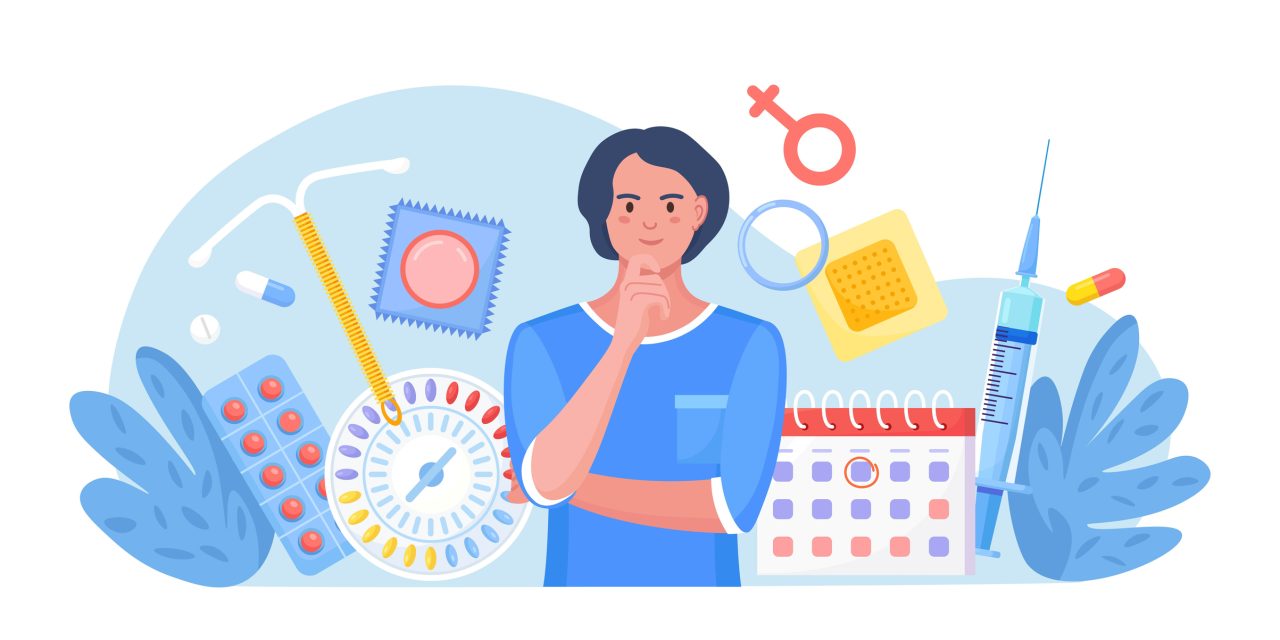The aim of this study was to measure the effectiveness on breast feeding rates by the program ‘Supporting a First-time Mother’, a web-based platform of interactionbetween first-time mothers and breastfeeding-experienced women who act as peer-supporters.
A randomized study with a control and intervention group was conducted between April and October 2016. Participants were recruited from Hospital Universitario de Canarias (Spain). Inclusive criteria were singleton pregnancy, healthy term baby, vaginal or assisted delivery. Participants were randomly assigned to either an intervention or control group. Type of feeding (exclusive, partial or artificial) was noted at 3 and 6 months. The study also gathered information from the peer-supporters.
Data showed higher rates of exclusive breastfeeding in the intervention group,at both 3 and 6 months post delivery (76% vs 56%, p = 0.020; 47% vs 35%, p = 0.049). Taking part in the study also increased the overall success of breastfeeding 2.65 times (IC95%, 1.21-5.78, p = 0.014) at 3 months and 3.30 times (IC95% 1.52-7.17, p = 0.003) at 6 months.
A limitation of the study is mainly related to participation in the intervention. In spite of this limitation, this support programme increased breastfeeding rates 3 fold.
Copyright © 2020 Elsevier Ltd. All rights reserved.
‘Supporting a first-time mother’: Assessment of success of a breastfeeding promotion programme.


